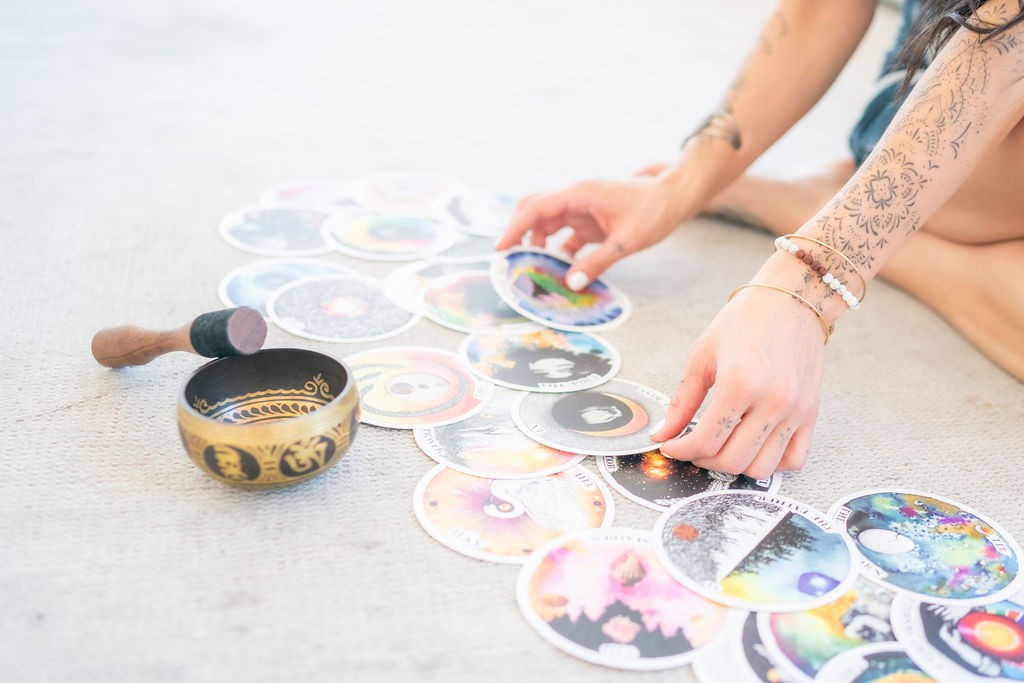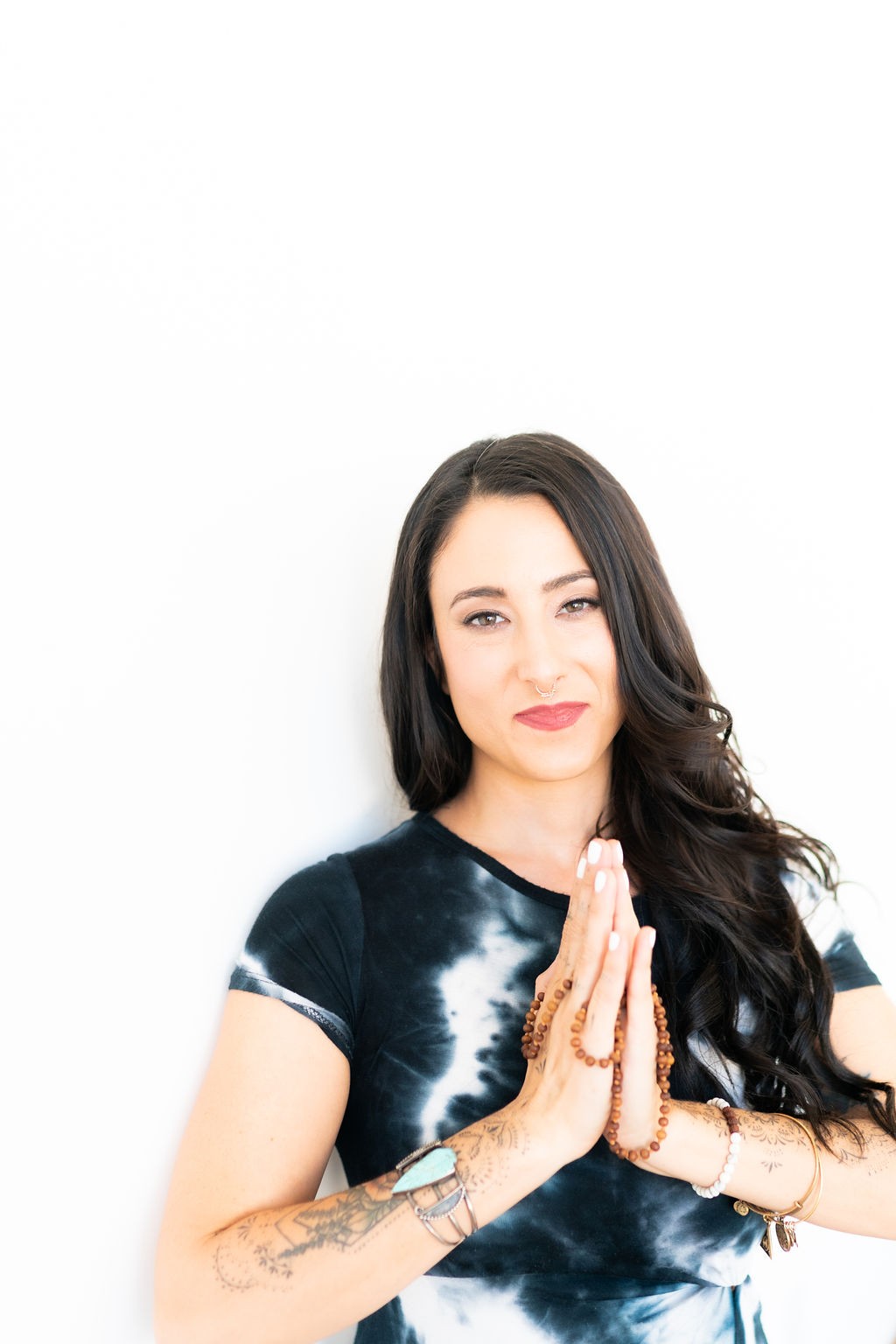Alright – so today we’ve got the honor of introducing you to Kaylee Friedman. We think you’ll enjoy our conversation, we’ve shared it below.
Alright, Kaylee thanks for taking the time to share your stories and insights with us today. We’d love to hear the backstory behind a risk you’ve taken – whether big or small, walk us through what it was like and how it ultimately turned out.
I started my career as a therapist right around the time that Instagram was becoming very popular. I followed a lot of yoga and wellness pages that clearly attempted to be supportive and help people, but ended up giving less than great information. I saw a real need for psychoeducation on social media that could help people learn self reflection skills. As I stepped into the space, I had to process and contend with a lot of complicated challenges including the expectation that therapists should be what we call “blank slates.” This is a theory that was originated by Freud and continues on in psychotherapy today- the concept that the therapist should not reveal anything about themselves or their personality so that clients can project their own assumptions onto the therapist. I take a different approach in my work as I emphasize a relational approach to therapy. I believe that we heal in relationship with others, and how can you be in a relationship with a blank slate? It’s obviously important that the therapist doesn’t make the session about them or their opinions or preferences, but I do think it’s important for the therapist to be fully human so that the client can truly connect with them and learn what it’s like to have a safe and healthy and boundaried relationship with another person. A lot of unhelpful coping mechanisms can be worked out through a healthy relationship, and the therapeutic relationship should theoretically be one of the healthiest we experience. That being said, there is a lot to consider and work through when it comes to being a therapist on social media. Am I really a therapist in the space? Am I an influencer? What happens when my clients see my page? How do I hold space for a strangers on the Internet? Should I even be attempting to? These are some of the questions I’ve had to wrestle with as I show up in a public way. There are many therapists out there who believe that those of us sharing psychoeducation on social media are doing something wrong. I disagree. I’ve come to the conclusion that living authentically is part of my activism. My work is to teach people that being there for us selves is part of healing, and how can I teach people that if I’m not able to do it myself. I do not want to show up as a blank slate, a professional concerned with ego and power. I want people to understand that therapists are just humans who have a little more training around mental health, and we are all just figuring it out alongside you. The magic of therapy is not in the therapist knowing more, having the answers, or giving good advice, it’s in the therapist showing up fully and developing a compassionate and not judge mental relationship with you as you find your own answers.


As always, we appreciate you sharing your insights and we’ve got a few more questions for you, but before we get to all of that can you take a minute to introduce yourself and give our readers some of your back background and context?
I am a relationship therapist, sex therapist, coach, mindfulness instructor, yoga teacher, and workshop facilitator and speaker living in Los Angeles, CA. I teach people how to undo a lifetime of cultural, familial, and trauma-related conditioning so that they can unearth and reconnect to their deepest selves. I nerd out about human behavior, cult documentaries, hot sauce, and 90s/2000s sitcoms. I use a variety of tools such as yoga, mindfulness, and reiki to integrate whole-being wellness into my work and my own healing. I am currently seeing therapy and coaching clients online, teaching mindfulness workshops, and can be found on instagram @kayleerosetherapy sharing thoughts on being human, guided meditations, and the occasional snarky therapist rant.
Putting training and knowledge aside, what else do you think really matters in terms of succeeding in your field?
I believe in order to be a successful therapist, you have to have been a successful client. The thing that makes me a great therapist is not my training or knowledge, it’s my lived experience. I know what it feels like to sit on the other side of this type of relationship. I understand the vulnerability, the discomfort, the joy, and the beauty of using the therapeutic relationship to self-reflect, build skills, and heal my relationship with myself and others. I believe all therapists should have significant experience as a client, and unfortunately that is not necessarily required in our field.


What do you think helped you build your reputation within your market?
Authenticity. I quickly realized that clients don’t respond to a blank slate. People don’t want to work with someone who looks “professional,” and that is the only thing you can tell about their personality. Showing up fully online, sharing some of my own life, my opinions, and helping people understand what it might be like to have me as their therapist is what brings most people to my practice. I make my values known, so people know what they are getting when they sign up to work with me. I believe the transparency and authenticity I offer helps people connect more easily.
Contact Info:
- Website: https://www.kayleerosetherapy.com/
- Instagram: https://www.instagram.com/kayleerosetherapy/
Image Credits
@kileyshaiphotography


